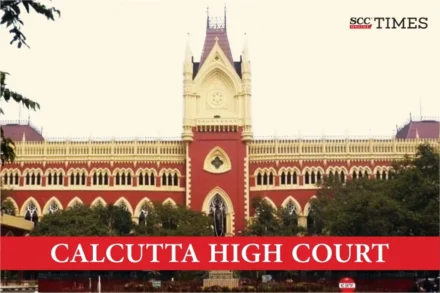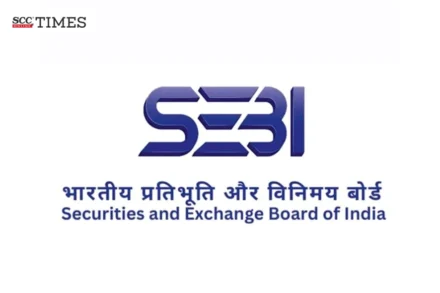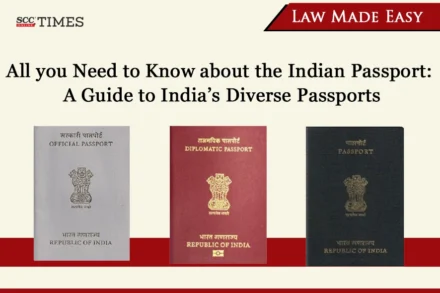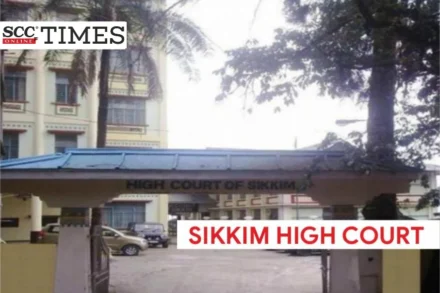
Delhi High Court directs Elderly Man to Spend Day in Court as Punishment for Contempt over Property Price Manipulation
The contemnor used the filing of the writ petition as another weapon in his armour to try and get the price reduced for the land. Such conduct of any person to abuse the judicial process cannot be ignored or left unpunished.
Continue reading







